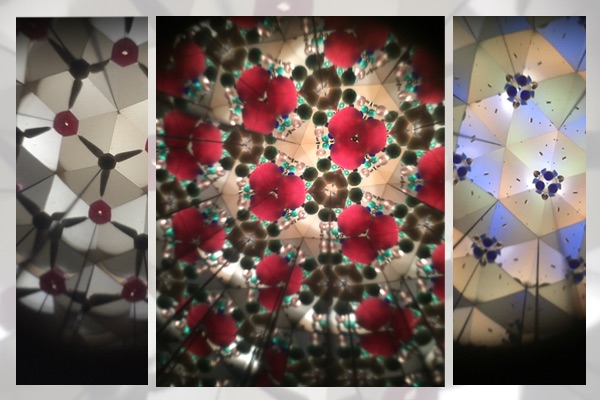The Arts, Loose Parts and Conversations
DOI :
https://doi.org/10.25071/1916-4467.40356Mots-clés :
loose parts, loose-part mindset, open-ended curriculum, arts-based education, early childhood education, preservice teacher educationRésumé
Educators today are being asked to design curricula whereby learners’ abilities to analyze, question, problem-solve, evaluate and reflect are being provoked. The quest lies in uncovering suitable teaching approaches that will allow critical thinking skills to emerge organically and meaningfully. I argue that an integration of loose parts can offer a methodology and a provocation that makes way for open-ended, divergent and creative thinking skills to be activated. “Loose parts” can be open-ended materials that are manipulated, designed, dismantled and reconstructed in multiple ways. I also see “loose parts” as a mindset, a process-oriented approach whereby meaningful conversations emerge unexpectedly and add significantly to learning. This article presents two stories to show how arts-based approaches and mindfulness to loose parts can unearth thought-filled and caring conversations. The discussion is inspired and written via a reflective lens of personal encounters, first, in a longitudinal research project with young children in an Indigenous First Nations Community, and, second, with preservice teachers in a university class. It is within these periods that students, teachers and families were impacted by loose parts whereby materials and conversations made way for new perspectives in understanding the world.Téléchargements
Publié-e
2018-08-31
Comment citer
Smith-Gilman, S. (2018). The Arts, Loose Parts and Conversations. La Revue De l’association Canadienne Pour l’étude De Curriculum , 16(1), 90–103. https://doi.org/10.25071/1916-4467.40356
Numéro
Rubrique
Aesthetics, Embodiment and Well-Being
Licence

Copyright for work published in JCACS belongs to the authors. All work is licensed under a Creative Commons Attribution-ShareAlike 4.0 International license.


